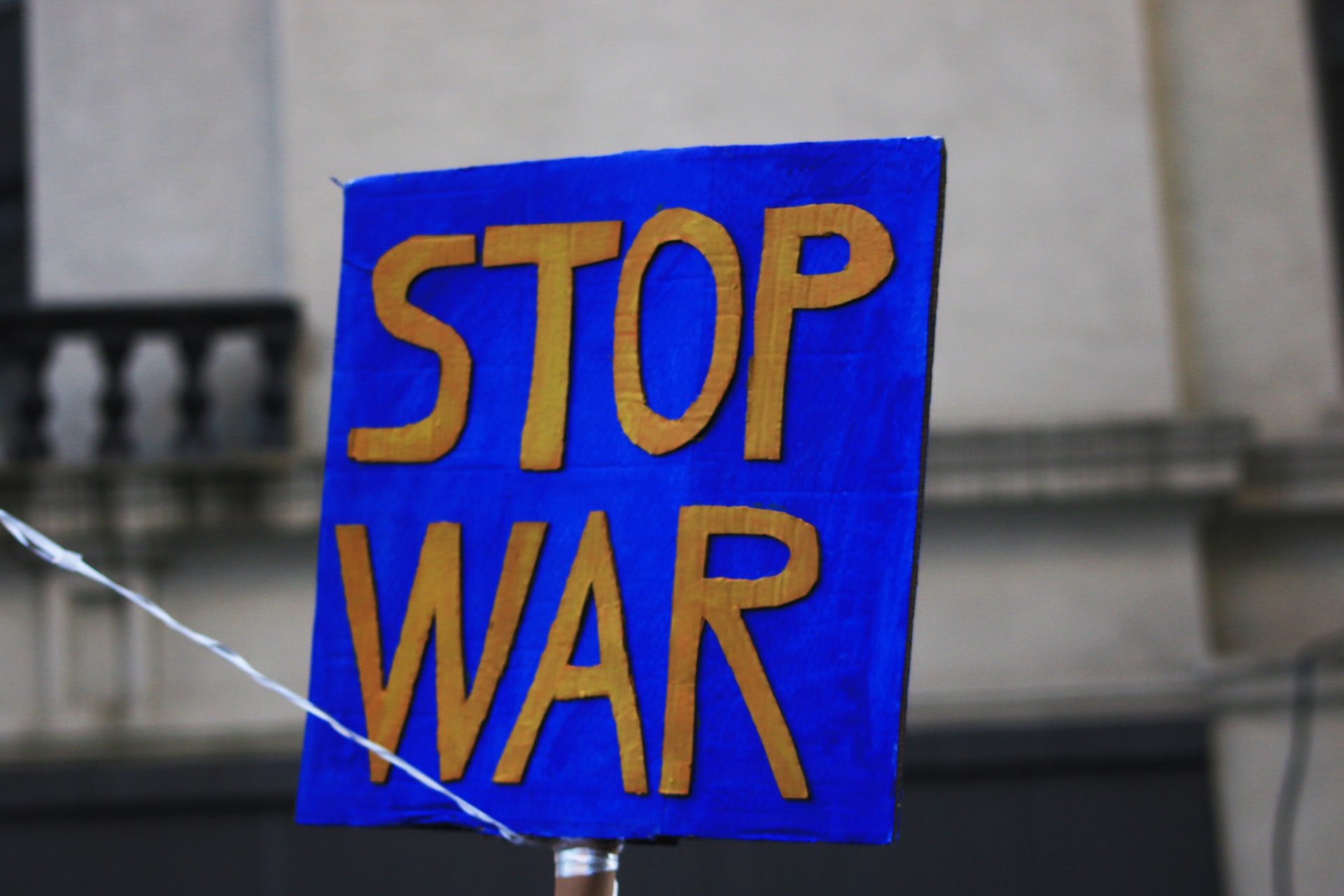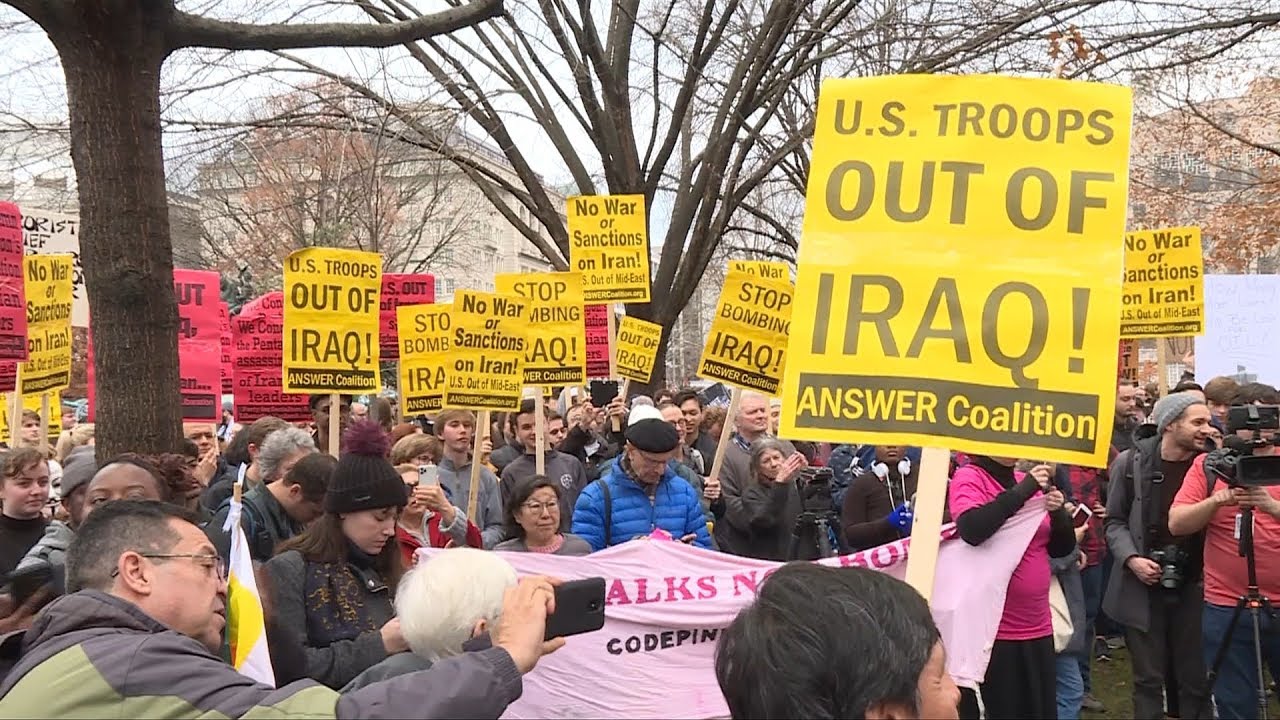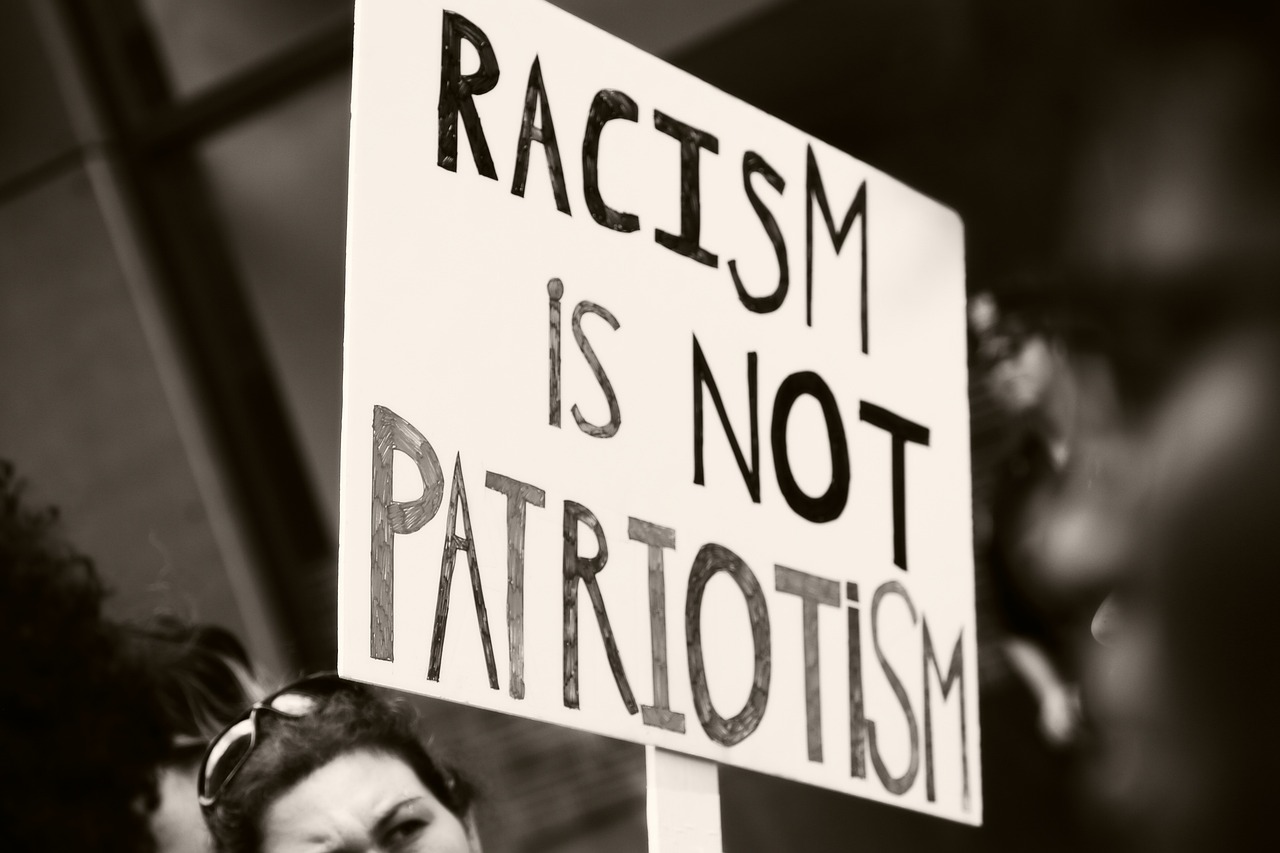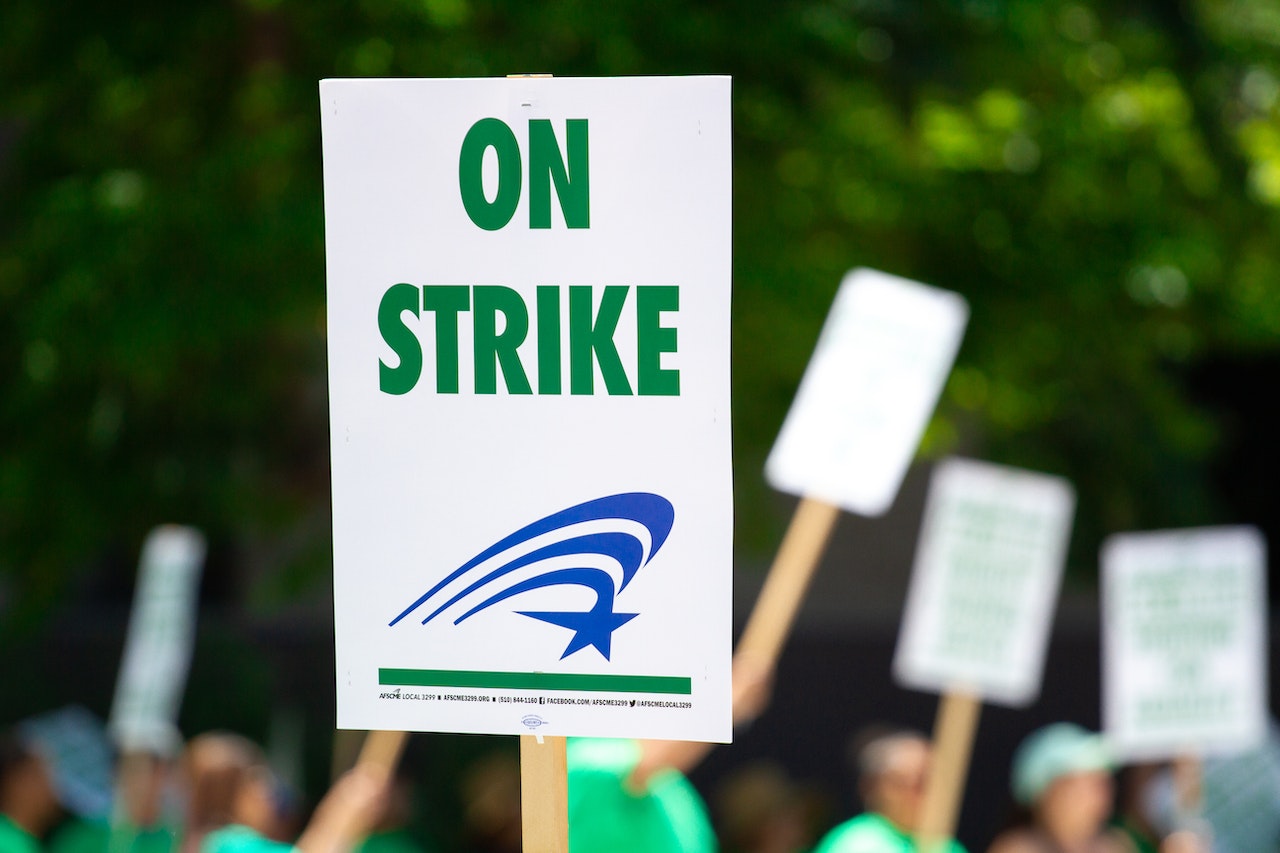Longshoremen Union Protests War
The Longshoremen war protest calls for the U.S. government to cease the war it has waged on Iraq. It has long been a tradition for this union to assemble and make peaceful protests on issues confronting the working class.
Author:Hajra ShannonReviewer:Paula M. GrahamFeb 01, 20233 Shares282 Views

The result of a survey participated by workers silently validated the Longshoremen war protest.
According to virtually every poll this election year, the working class voter - particularly the white working class voter - is most concerned about the economy, to the exclusion of almost all else.
It’s through that prism, according to a parade of television pundits, that the working-class views the war in Iraq.

American strike in Iraq prompts anti-war protests in U.S. cities
Working Class War Protest
Perhaps the war is unpopular to the working class, as it is to approximately 70 percent of Americans, but the greater danger, they believe, comes from overzealous opposition to the war.
If that was the case, the walkout in California earlier this month should not have happened.
Across 29 California ports, as many as 25,000 longshoremen - members of the firebrand International Longshore & Warehouse Union - refused to show up for work in protest of the U.S. military presence in Iraq.
Activity at the ports was significantly diminished on May 1 - the International Day of Labor solidarity.
Labor historians interviewed by The Washington Independent were hard-pressed to remember the last anti-war labor strike of this magnitude.
Longshoremen War Protest
The International Longshore and Warehouse Union (ILWU) tied the war to the turbulence in the global economy to explain their action.
In a prepared statement, Robert “Big Bob” McEllrath, president of the union, said:
“„Big foreign corporations that control global shipping aren't loyal or accountable to any country.- Robert “Big Bob” McEllrath
McEllrath continued:
“„For them it’s all about making money. But longshore workers are different. We’re loyal to America, and we won’t stand by while our country, our troops, and our economy are destroyed by a war that’s bankrupting us to the tune of 3 trillion dollars. It’s time to stand up, and we’re doing our part today.- Robert “Big Bob” McEllrath
Few outside analysts believe that the ILWU action is the vanguard of any large-scale labor action against the war.
For one thing, the ILWU has traditionally had a strident aspect: it was the home of legendary labor firebrand Harry Bridges in the 1930s.
Bridges was the union’s charismatic and radical spokesman during the 1934 longshoremen's strike that brought shipping in the West Coast to a halt and the force of the police down on San Francisco longshoremen on the infamous “Black Thursday” events of July 5, 1934.

According to the union, the push for the May 1 strike came from its locals, not union headquarters. The union duly notified the Pacific Maritime Association, a conglomerate that owns the California ports.
But ILWU said the organization did not accommodate the request for a work stoppage. As a result, as many as 25,000 ILWU members did not show up for work on May Day.
The strike affected 29 ports along the California coast, including Los Angeles and Long Beach, two of the country’s largest.
A spokesman for the maritime association told AFP that the strike wouldn’t have a lasting economic impact but was nonetheless important.
Steve Getzug from the Pacific Maritime Association said:
“„It does come at a time when people are relying on U.S. west coast ports operating smoothly. These kinds of stoppages aren’t helpful.- Steve Getzug
Repeated efforts to contact union representatives were unsuccessful.
“„But Gene Bruskin, one of the leaders of U.S. Labor Against The War, a coalition of unions opposed to the war in Iraq that includes the ILWU’s Oakland chapter, said that the union made an attempt to coordinate with its brother workers in the Iraqi port of Basra to shut down that crucial oil-exporting port on May 1.
Bruskin said:
“„That communication was a really powerful thing.- Gene Bruskin
He elaborated:
“„Port workers were talking to port workers, as well as the oil workers who are very close to them, because Basra is the main port there. There were messages sent up and back... I fully understand why that didn’t happen - sometimes it’s complicated and over there you can’t always say what’s on their mind. But I think that was really powerful.- Gene Bruskin
More Calls To Stop War
While Basra did not shut down, some Iraqi labor groups issued a statement in solidarity with anti-war U.S. workers.
The Iraqi Labor Federation stated:
“„On this day of international labor solidarity, we call on our fellow trade unionists and all those worldwide who have stood against war and occupation to increase support for our struggle for freedom from occupation - both the military and economic.- Iraqi Labor Federation
The U.S. Anti-War Movements
But the particular ethos of the longshoreman’s trade make exporting such an action to different U.S. unionsdifficult, labor historians say.
Pete Hoefel, an instructor in labor studies at the AFL-CIO’s National Labor College in Silver Spring, Maryland, said:
“„It’s part of the maritime culture.- Pete Hoefel
Hoefel explained:
“„It’s very internationally minded. That union staked out positions on the civil war in Spain in the ‘30s, the Hungarian revolution, Cuba, that sort of stuff. Unloading vessels, they talk with other maritime workers [from around the world]. It’s part of their own work culture.- Pete Hoefel
Indeed, building on the momentum of the strike would not be easy, said Gene Bruskin:
“„The longshoremen have a somewhat unique situation.- Gene Bruskin
Bruskin continued:
“„Their contract allows, under the right conditions, for them to take these kinds of actions. But 90 percent of the contracts in the U.S. explicitly prevent this kind of action from happening. It’d be very difficult for most workers in the U.S. to join with the ILW even if they wanted to.- Gene Bruskin
Michael Kazin, a history professor at Georgetown University, pointed to the ILWU’s radical roots as reason to be skeptical that the strike will spread to other unions.
Kazin said:
“„They were one of the first [unions] to come out against the Vietnam War, and I believe one of the first to come out against this war. I’m not sure how much of a harbinger it is.- Michael Kazin
Still, it is hard to remember the last anti-war labor action of this magnitude.
Hoefel recalled a demonstration in Washington in the 1980s of mostly public-sector unions against U.S. involvement in Nicaragua. But that was not an on-the-job action against a war.
Bruskin remembered on-the-job actions of a similar size against Apartheid South Africa around the same time - undertaken, then as now, by the ILWU.

Aside from those examples, there is little recent precedent for the action.
“Iraq is big,” said Hoefel, “and within labor, it’s significant.”
Bruskin said a potential next step is to increase ties with Iraqi workers.
According to him, coalition of Iraqi unions - there is no unified labor movement in Iraq, a remnant of Saddam Hussein’s crackdown on civil society - is attempting to hold a labor conference against the U.S. occupation of Iraq in the relative safety of the Kurdish north.
Bruskin further said:
“„The relations between the labor movement here with USLAW, and even the official parts of the labor movement here, and the Iraqi unions are itself very historic.- Gene Bruskin
He added:
“„In a time of war, when our country has invaded and occupied another country, to be in solidarity with those workers against the occupation, it’s important to provide [that] kind of support.- Gene Bruskin
If the Iraqis hold the conference, Bruskin said that he and representatives of U.S. Labor Against The War would attend.
Final Thoughts
As recounted in Rick Perlstein’s new book “Nixonland,” ever since the Vietnam War, the American right has used cultural issues to divide labor from liberals on foreign policy, a development capped in New York’s 1970 “Hardhat Riot,” in which stockbrokers and construction workers joined in attacking hippies demonstrating against the Vietnam War.
While the port strike remains, for now, an isolated incident, some believe it signals that such cultural appeals might be wearing thin.
Hoefel said:
“„The anti-war movement is very strong in the labor movement.- Pete Hoefel
He explained:
“„Like Vietnam, [Iraq] is a working-class war. Look at socio-economic background of the troops. Many are from a part of country where the economy has left them.- Pete Hoefel
Expect the Longshoremen war protest to continue until the U.S. government stop waging war against Iraq.

Hajra Shannon
Author

Paula M. Graham
Reviewer
Latest Articles
Popular Articles
